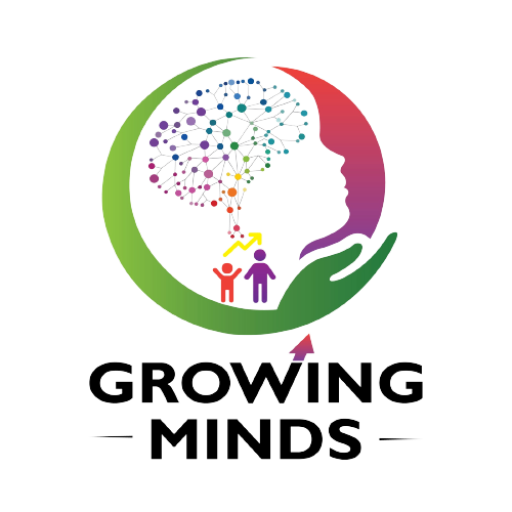
Mental health support for the children of immigrant parents
First-generation immigrant parents and their children born in the U.S. often experience unique challenges in communication and navigating mental health support. Here are some key issues and considerations:
Communication Difficulties
1. Language Barriers: Parents may have limited proficiency in English, which can hinder effective communication with their children, educators, and health care providers. This can create misunderstandings and feelings of frustration on both sides.
2. Cultural Differences: Variations in cultural norms and values regarding parenting, emotional expression, and conflict resolution can lead to generational misunderstandings. Children raised in American culture may adopt different values, causing friction with their parents.
3. Emotional Expression: Many immigrant parents may come from backgrounds where emotional expression is not encouraged, leading to difficulties in discussing feelings or mental health concerns openly.
4. Expectations and Pressure: First-generation immigrant parents often have high expectations for their children regarding education and success, which can lead to stress and anxiety for the children, who may feel pressure to fulfill these expectations.
Mental Health Support Challenges
1. Stigma Around Mental Health: In many cultures, mental health issues may carry a stigma, making it difficult for parents to acknowledge or seek help for mental health challenges, which can influence their children’s perceptions.
2. Access to Resources: Immigrant families may face barriers in accessing mental health services due to economic constraints, lack of knowledge about available resources, or fear of discrimination within the healthcare system.
3. Cultural Competence: Finding mental health providers who understand the cultural context of immigrant families can be difficult. A lack of culturally competent practitioners can lead to ineffective therapy and misunderstanding.
4. Intergenerational Trauma: Many immigrant families carry the impacts of trauma from their home countries, which can affect family dynamics and individual mental health, but may not be recognized or addressed.
Strategies for Support
1. Encourage Open Dialogue: Creating a safe space for conversations about feelings, experiences, and cultural differences can help bridge communication gaps between parents and children.
2. Use Community Resources: Organizations that cater specifically to immigrant families can provide accessible mental health resources, support groups, and workshops that build communication skills.
3. Culturally Competent Services: Seek mental health professionals who are trained in cultural competence and have experience working with immigrant families. This can enhance their understanding of the specific challenges faced.
4. Bilingual Support: Finding bilingual therapists or counselors can facilitate more effective communication and help family members express their thoughts and feelings more freely.
5. Education and Advocacy: Providing information about mental health and available services can empower families to seek help and reduce stigma. Community workshops can also help families learn how to navigate mental health resources.
By recognizing and addressing the specific challenges faced by first-generation immigrant parents and their children, families can foster healthier communication patterns and access the mental health support they need.




